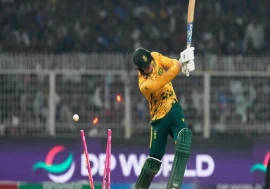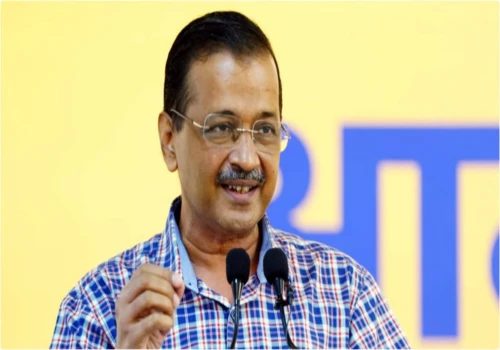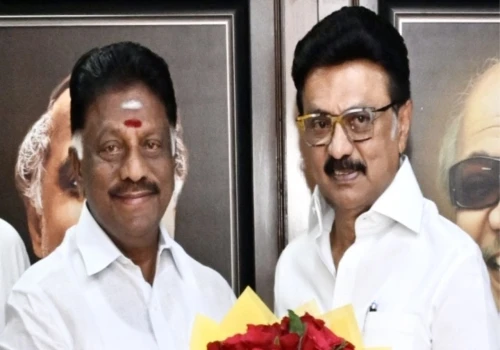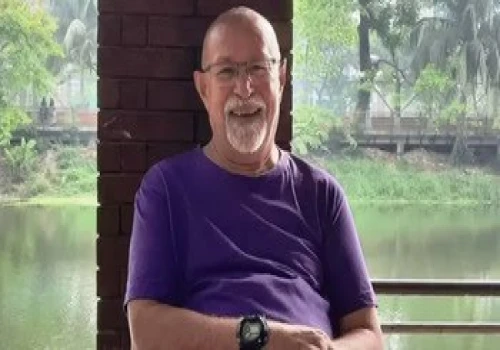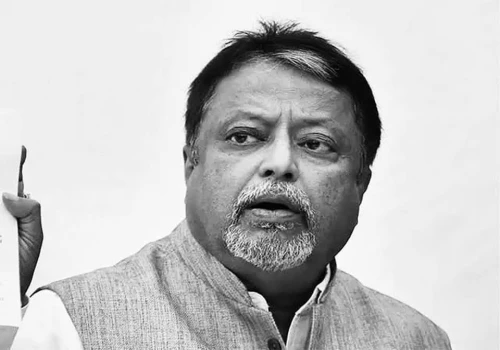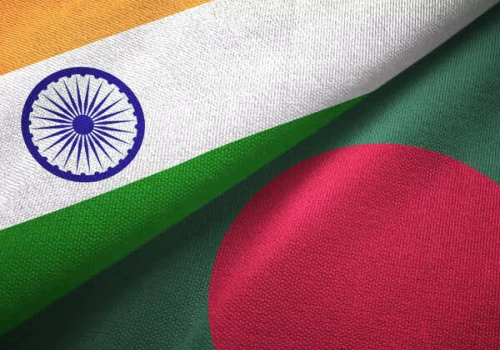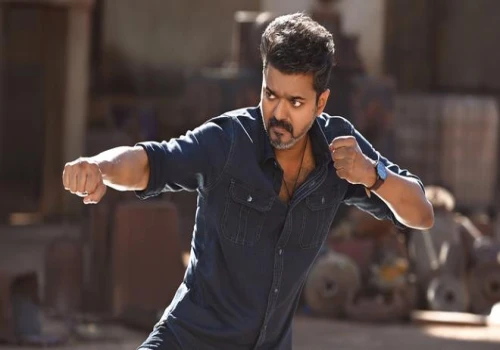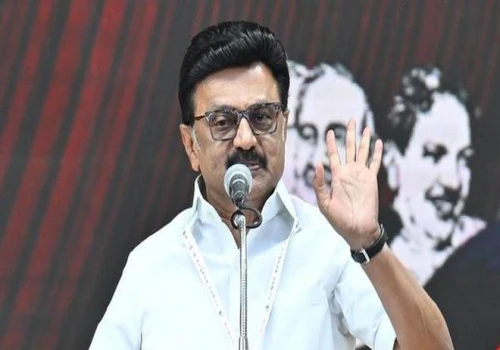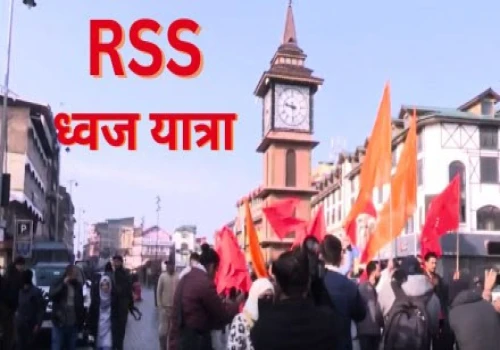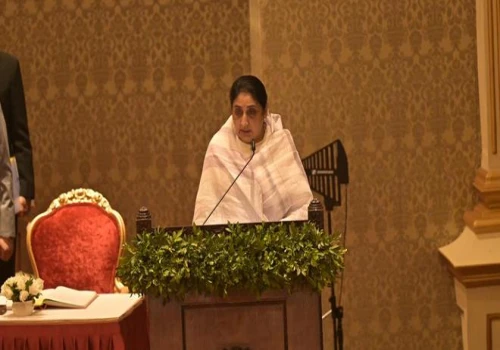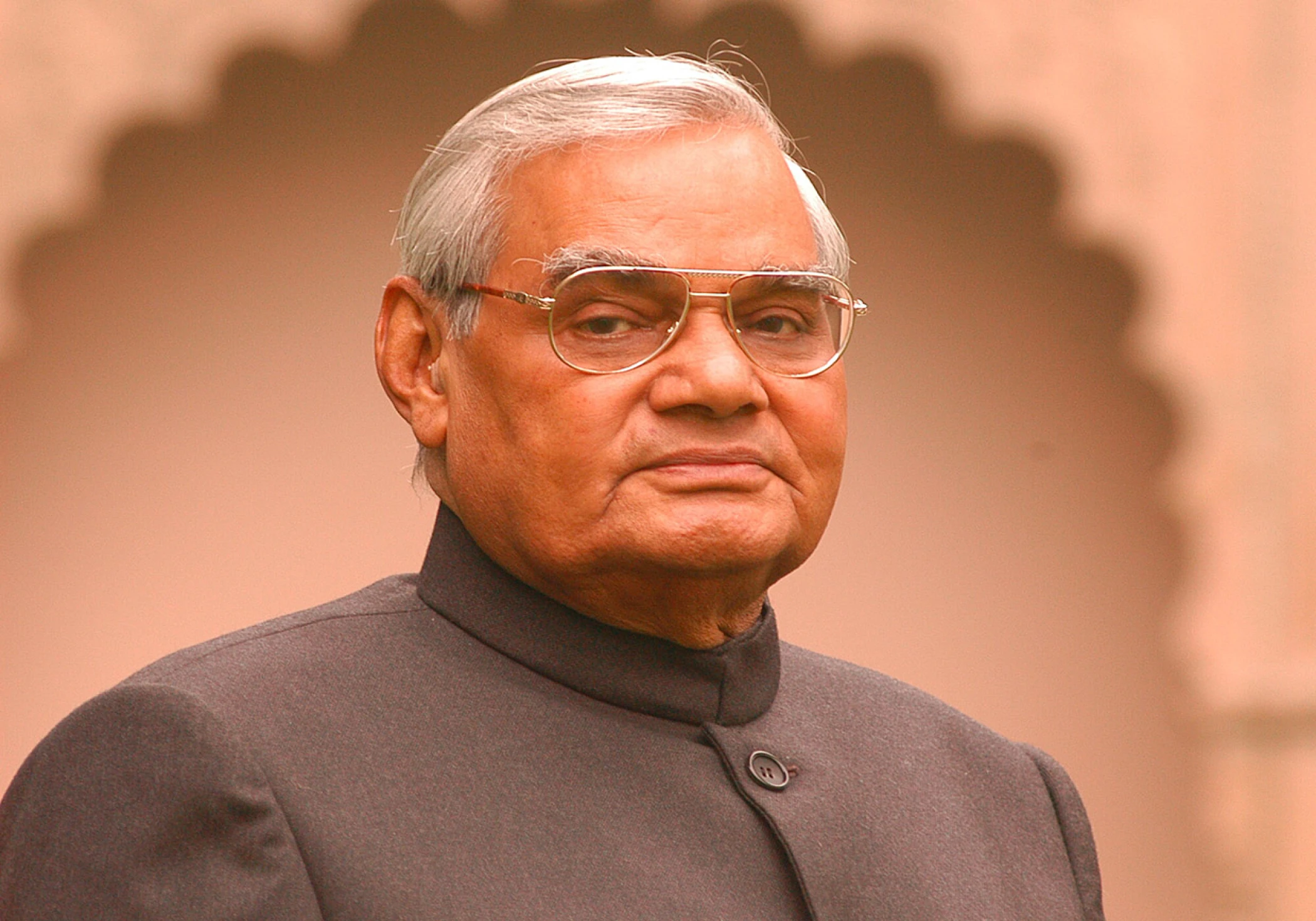
Former Prime Minister Atal Bihari Vajpayee passed away in 2018 and today marks the beginning of his birth centenary year. In the era when Nehru’s secularism held sway, the BJP struggled for recognition, with Vajpayee playing a pivotal role in building the party. Initially aligned with Nehru’s parliamentary conduct and RSS ideology, Vajpayee, elected as an MP in 1957, effectively articulated Hindu conservatism. He learned political nuances under Nehru’s influence and worked as Shyama Prasad Mukherjee’s private secretary. Vajpayee’s ability to navigate both the worlds of Hindutva and secularism contributed significantly to the BJP’s future success. Despite criticizing Nehru in his Lok Sabha speeches, Vajpayee maintained a cordial relationship, demonstrating a nuanced understanding of both ideologies.
Following the Janata Party experiment in 1977, which brought together Jana Sangh, Congress (O), Lok Dal, and Samajwadi, Atal Bihari Vajpayee assumed his first stint in power as the Foreign Minister. In the 1990s, he shared an incident from the Janata Government era when Nehru’s photo was temporarily removed from the ministry corridor, prompting Vajpayee to inquire about its whereabouts, leading to its reinstatement.
The Janata Party later split over the 'dual membership' Issue and Indira Gandhi returned to power. In 1980, Atal Bihari Vajpayee and LK Advani, both former Rashtriya Swayamsevak Sangh volunteers, founded the BJP. The Congress, under Rajiv Gandhi, secured a massive victory in 1984 after Indira Gandhi’s assassination. However, BJP faced setbacks, with Vajpayee losing in Gwalior and the party winning only two seats.
After this transformation, LK Advani became the BJP President within two years. Consequently, Vajpayee stepped back from the political stage. His stepping down from the president’s post and the defeat in Gwalior were some of the many challenging instances for him within the party.
In 1989, under the leadership of LK Advani, the BJP passed a resolution in Palampur supporting the Ram Janmabhoomi movement. The movement gained momentum in 1990 when Advani embarked on a Rath Yatra from Somnath to Ayodhya, leading to electoral success for the BJP in the 1990s and a polarization of Indian politics. The peak of this polarization occurred on December 6, 1992, when the Babri Masjid was demolished in Ayodhya with the presence of leaders like Advani and Murali Manohar Joshi.
The aftermath of the Babri Incident marked the end of Atal Bihari Vajpayee’s political exile. He played a crucial role in defending the BJP in Parliament when public opinion was divided. Utilizing his vast experience, Vajpayee adopted an inclusive language, avoiding an overtly secular stance and stating, “Secularism is in the behavior of Indian people. There should be the differences of opinions, not the rifts .”
During the 1990s, as Doordarshan began airing 24-hour parliamentary proceedings, Vajpayee’s eloquent Hindi speeches gained popularity among the aspiring middle class. His comprehensive speeches were well-received by BJP supporters and even acknowledged by the opposition, with some opponents regarding Vajpayee as the right man in the wrong party. While Advani contributed to the BJP’s electoral success through polarization, Vajpayee played a key role in giving the party institutional recognition.
In 1995, LK Advani endorsed Atal Bihari Vajpayee as the leader of the BJP. With the decline of the Congress and the regional parties seeking a central alliance, Vajpayee emerged as the ideal candidate. The late 1990s saw the launch of the slogan ‘Bari Bari Sabki Bari, Ab ki Bari Atal Bihari,’ conveying the message that everyone had a chance, emphasizing Vajpayee as the preferred leader. Seizing the opportunity, Vajpayee led two coalition governments from 1998 to 2004, maintaining amicable relations with leaders across the political spectrum, from Jayalalithaa and Karunanidhi to Mamata Banerjee.
During his tenure, Vajpayee shifted the center of Indian politics away from Nehruvian secularism and towards the BJP. In 2004, when the Congress returned to power, the NDA suffered setbacks, with Chandrababu Naidu facing defeat in Andhra Pradesh. Vajpayee’s last public appearance was on his birthday in 2007, where he interacted with journalists.
The Vajpayee era has concluded and under Narendra Modi’s leadership, Hindutva has replaced Nehruvian secularism. The Congress has faced a prolonged decline, but currently, the opposition lacks a figure like Vajpayee who can effectively counter the dominant ideological narrative.

